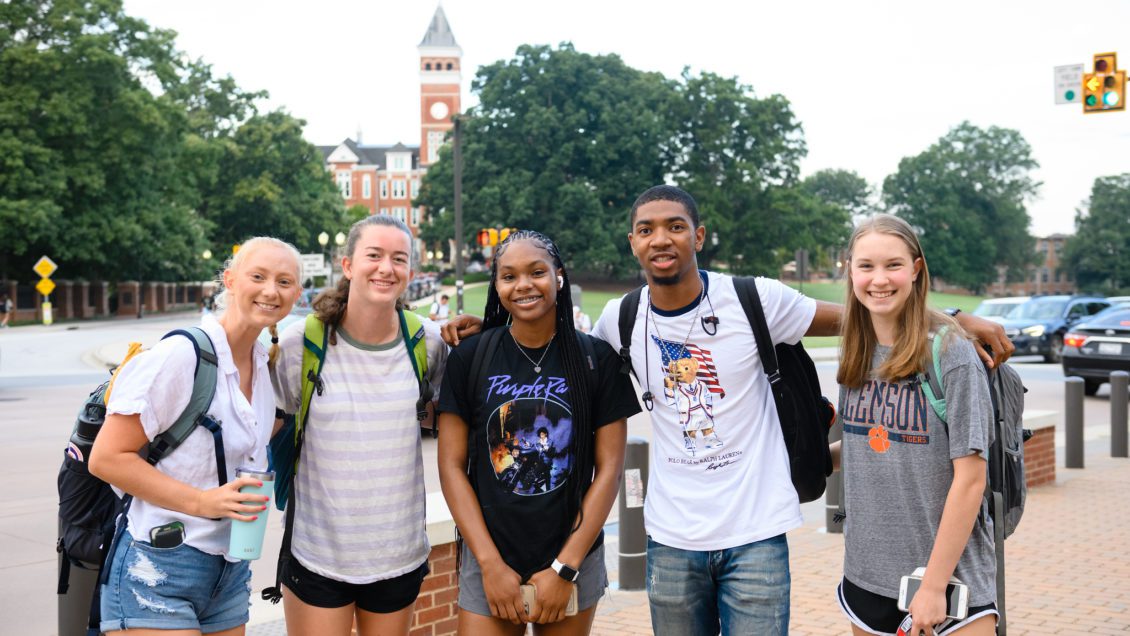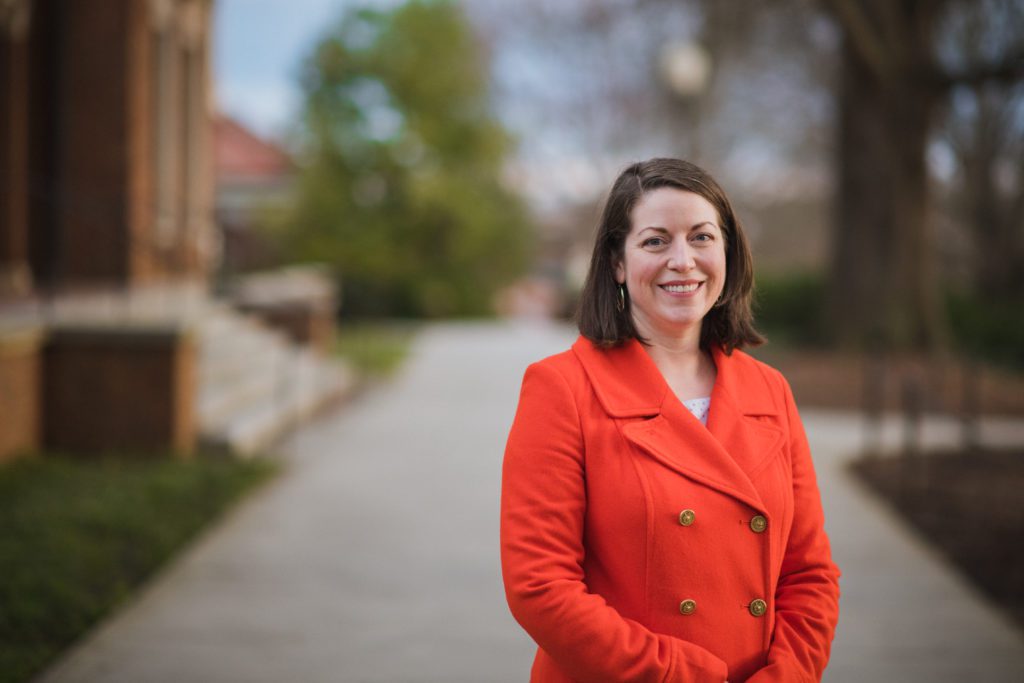
Universities across the nation, including Clemson, are stepping up to improve voter education and participation
Clemson University is one of more than 950 member institutions participating in the All In Campus Democracy Challenge, an effort that represents all 50 states and nearly 10 million student participants.
The Clemson Votes: Democracy in Action coalition seeks to initiate and sustain broad-based, nonpartisan efforts that improve the democratic engagement of the University’s student population, both graduate and undergraduate.
At Clemson, here are a few ways students have been engaged to exercise their right to vote this Fall.
Clemson Honors College students created infographics encouraging students to vote via social media.
Clemson Votes Instagram channel showcases videos of students talking about what voting means to them.
Research on midterm election candidates and policies.
Coursework that educates students about professional interaction with government officials.
Information about how to secure a notary (voters in some states must get absentee ballots notarized).
Make a Vote Plan education and outreach.
Growing engagement for young voters
Clemson Votes co-lead Bridget Trogden is a civic-learning expert, associate dean for engagement and general education in the Division of Undergraduate Studies, and a professor in the Department of Engineering and Science Education. Four years ago, she helped create Clemson Votes as a partnership across student affairs and academic affairs.
The goal: to improve student voter and democratic engagement.
Clemson has been designated as a Voter Friendly Campus through 2022. The mission of the Voter Friendly Campus designation is to bolster efforts that help students overcome barriers to participate in the political process. Clemson was evaluated based on a campus plan to register, educate and turn out student voters while facilitating voter engagement efforts.
For millions of college-going voters in the U.S., turnout has grown in the last several elections. Morning Consult reports that young voters are the only category predicted to grow for midterms. New voting laws and regulations enacted by the states since 2020 could make voting more confusing for young voters, so universities are helping college students show up by empowering them with information about everything from where and how to vote early, how to file an absentee ballot and how to do more in-depth research on candidates.
At Clemson, emergent, cross-disciplinary work is moving the needle in terms of education and engagement in the voting process, Trogden says. Data shows that Clemson students have registered to vote and voted in recent elections at a higher rate than their peers nationally — 58.1 percent voted in 2016 compared to 50.6 percent nationally. Trogden and her collaborator Kate Radford, associate director for leadership education and development in the Division of Student Affairs, believe even more can become involved.
In a recent Knight Foundation survey, 38 percent of 18-24 year-olds said they didn’t have enough information about candidates and issues to decide who to vote for, and 11 percent weren’t sure they did.
“We realize that different types of organizations enter the voting space with unique strengths and challenges,” Trogden says. “Some may have endowments or centers or other institutional commitments to advance democracy, while others do not. Regardless of where an institution starts, cultivating and sustaining partnerships across student and academic life can help institutionalize the efforts and support broad-based strategies.”
Registration, education and turnout
Under Secretary of Education James Kvaal has reinforced to those working at the college level the importance of voter education. Clemson was already doing work in this space, but the charge continues to be one that Clemson takes seriously, Trogden says.
Disciplinary- and subject-specific tenants of nonpartisan democratic and voter engagement are relayed to students across three key pillars: voter registration, education and turnout.
Colleges across the nation are working with the Department of Education and making a good-faith effort both in registering and educating young voters. Institutions of higher education have responsibilities under the Higher Education Act to make a good-faith effort to distribute voter registration forms to students enrolled in these institutions.
“Voter engagement is intrinsically linked to the academic learning outcomes of critical thinking and information literacy,” she explains, citing a 2020 Association of Chief Academic Officers (ACAO) guiding statement. The organization supports the role of college faculty and instructors in improving nonpartisan student voter engagement.

